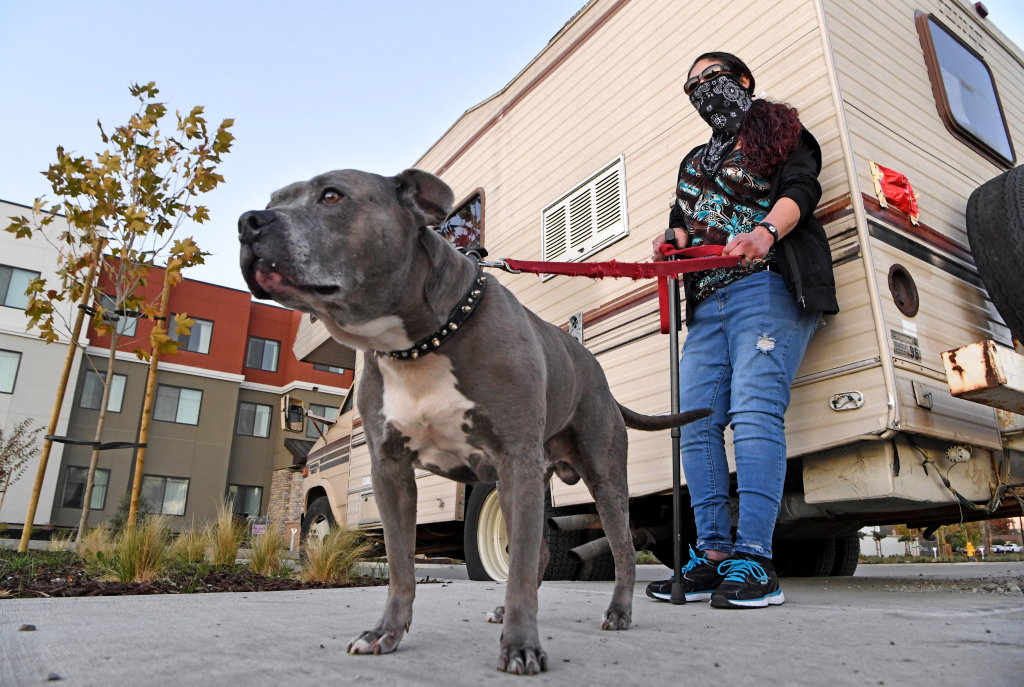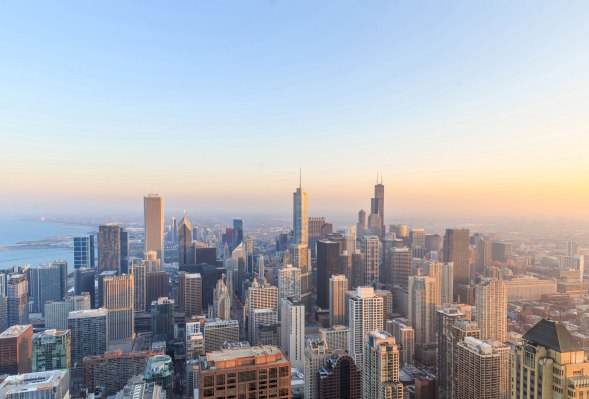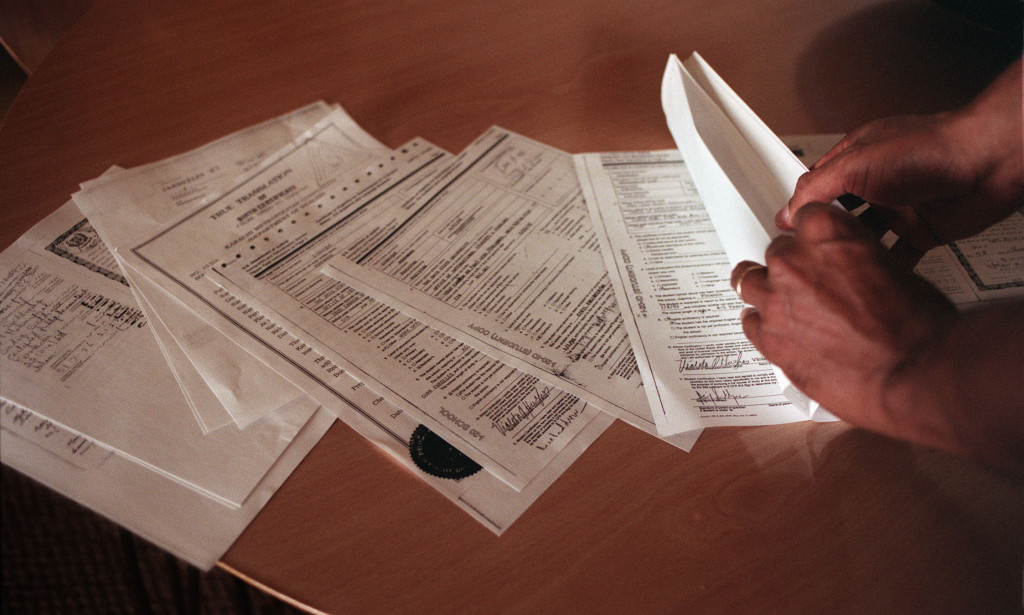With COVID-19 cases surging at an alarming rate, some Bay Area officials are pushing to reverse course and keep pandemic hotels open longer because they fear closing rooms that have sheltered thousands of unhoused people could have disastrous consequences.
Project Roomkey hotels, where homeless residents have sheltered-in-place during the pandemic, were supposed to be winding down and moving people out. But with more Californianians hospitalized with COVID-19 this week than ever before, and the threat of another state-wide shutdown order looming, some officials are reconsidering.
San Francisco has already promised to keep hotels slated to close this month open at least another 30 days. Alameda County’s Office of Homeless Care and Coordination is pushing to extend the county’s lease on four hotels. And Santa Clara County is “reviewing plans and timelines given the current surge.”
It’s a delicate balance. Federal funding that helped support the program expires at the end of the month, and local officials worry the other major funding source — FEMA reimbursements — may end soon, leaving cash-strapped local governments on the hook.
“Counties are committed to doing as much as they can, but I don’t think they can sustain reasonably all of them,” said Vivian Wan, chief operating officer of Abode Services, which operates Roomkey hotels in Alameda and Santa Clara counties. “I think they’re doing everything they can to keep hotels open as long as possible without pulling the entire system under.”
At the same time, care providers don’t want to risk mass COVID outbreaks by moving people from hotels back into group shelters or onto the streets. The goal, as the hotels close, is to get residents into permanent housing. But so far, that’s been the end result for just a fraction of hotel guests.
In San Francisco, officials had planned to move more than 500 people out of Project Roomkey this month, and close all hotels by June. But after facing criticism that the timeline was too rushed, and receiving an extra $10 million from the state, the city’s Department of Homelessness & Supportive Housing said hotel guests will get at least another month.
Good News! Governor Newsom's additional funding for Project Roomkey means that San Francisco will be receiving approximately $10 million dollars of additional funding to support the continued operation of Shelter in Place (SIP) Hotels
— SF Dept. of Homelessness & Supportive Housing (@SF_HSH) November 28, 2020
But some worry that’s not enough. Four San Francisco supervisors on Tuesday introduced legislation that could stop the hotel shutdown in its tracks. Their measure would force the city to keep its 2,300 hotel rooms open until everyone in them is housed or until FEMA stops funding the program.
“Project Roomkey has been one of the most necessary and cost-effective responses we’ve had as a city during COVID,” said Supervisor Matt Haney. “It’s brought thousands of people off the streets. It’s given people an opportunity to shelter in place. It’s also reimbursed overwhelmingly by the federal and state governments. So shutting this program down at a time when we don’t yet have adequate long-term placements or short-term placements for people still on the streets makes no sense at all.”
Alameda County still plans to close two hotels at the end of this month. But leases on two more hotels may be extended through January, and another two — including the Residence Inn in Livermore — may go through February.
If approved, the extension will be a relief for 48-year-old Heather Chavez, who has been living in the Livermore hotel for about two months. She and other residents recently had fliers slipped under their doors that warned: “This temporary hotel shelter will be closing very soon.” Hotel staff told Chavez that residents must be out by the end of the month, she said. She hasn’t found alternate housing yet, and has been living in fear of being forced to move back into the RV she used to park on the side of the road in Hayward, without access to power or water.
“I don’t want to be homeless again,” she said. “I just don’t know what to do.”

Santa Clara County had planned to close half of its 10 shelter-in-place hotels by mid-December. So far, the county has closed two, and now is revising its original plan due to the recent COVID surge, according to a county representative.
As people have left the Project Roomkey hotels, 23% have gone on to permanent housing in Santa Clara County, and 21% in San Mateo County, according to the latest data. More options will come online in the next few months, as Bay Area officials use state funds to convert hotels and other buildings into housing.
Of the 355 people who had exited Alameda County’s shelter-in-place hotels and trailers as of Tuesday, 137 went into permanent housing. Another 40 ended up back on the street, or the county lost track of them. The rest went into shelters and other temporary housing, or institutions.
Theresa Tennis, who had been homeless about four years, recently moved from a Roomkey hotel in Newark into a Fremont apartment. She pays $116 a month in rent, out of her government disability check, and Abode Services pays the rest.
“It means so much to me,” Tennis said of having her own apartment. “It’s a miracle.”
Abode has been working on overdrive to secure more leases. Between July and September, Abode added about five new leases a week in Alameda County, Wan said. Starting in October, that’s jumped to an average of 16 per week. But there’s a catch: Per federal funding rules, each lease ends after one year. That means if Abode doesn’t find new funds, people like Tennis could lose their rent subsidies.
“I’m really scared about that,” Tennis said. “I don’t know if I’m going to be out on the streets again.”










